Obi Toppin Named 2020 Naismith College Player of the Year: How the Last 20 Winners Turned Out
The Naismith College Basketball Player of the Year award is one of the biggest honors available to NCAA athletes. Obi Toppin of Dayton was just announced as the most recent recipient of the prestigious award after he led the Flyers to a potential No. 1 seed in the NCAA tournament and average 20 points and 7.5 rebounds per game on 63.3% shooting.
The award undoubtedly helps Toppin's case to be a lottery draft pick or even top-five selection despite the mid-major school at which he played. Many of the recipients of this award are hallowed as basketball's all-time greats. Michael Jordan, Larry Bird, Tim Duncan and Kareem Abdul-Jabbar are just some of the legends that have claimed the Naismith Trophy en route to Hall of Fame careers.
However, as impressive as winning this award is, it by no means sets you on a definite path toward NBA superstardom. In fact, a staggering amount of winners have actually struggled to establish themselves as stars once they get to the NBA.
Here's a look at every winner since 2000, along with how their NBA careers panned out or are going so far.
All stats retrieved from Basketball Reference and Sports Reference.
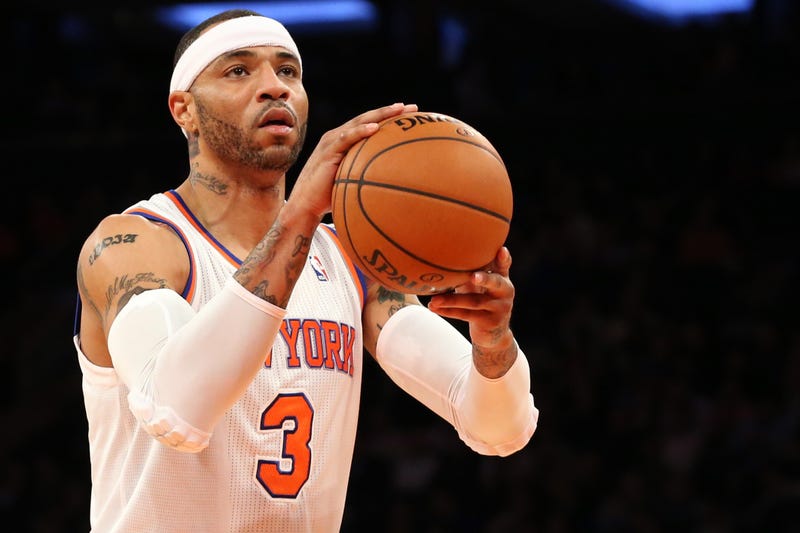
2000: Kenyon Martin, Cincinnati
NBA Career Highlights: 12.3 ppg, 6.8 rpg, 1.9 apg, 1.2 spg, 1.1 bpg, 1x All-Star
Martin was a senior when he won the award after posting 18.9 points and 9.7 rebounds per game and helping the Bearcats to a phenomenal season. Cincinnati went 29-4 with an unblemished 16-0 record in conference games. Though the team was the No. 2 seed in the South region, they were upset by No. 7 Tulsa in the NCAA tournament.
Though K-Mart was solid in the NBA, he never quite achieved superstar status. It's safe to say that in a couple seasons he was very good, but he was never a "great" NBA player. He did step up his game in the playoffs, though, helping the Nets make it to the NBA Finals in both 2002 and 2003 while averaging 17.9 points and 7.6 rebounds over the 40 playoff games the Nets played in those two seasons.
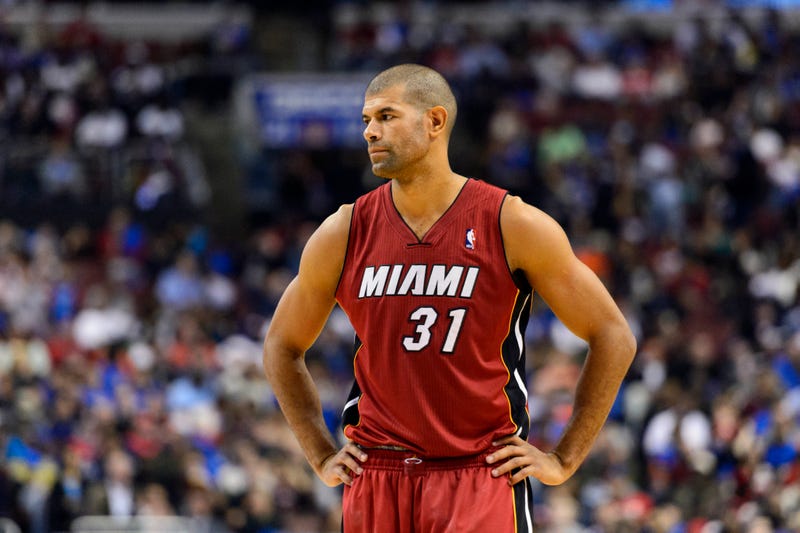
2001: Shane Battier, Duke
NBA Career Highlights: 8.6 ppg, 4.2 4pg, 1.8 apg, 1.0 spg, 0.9 bpg, 2x All-Defensive, 2x NBA Champion
The 2000-01 Blue Devils roster was one of the best groups we've seen in college basketball over the past 20 years. Battier averaged 19.9 points and 7.3 rebounds throughout the season, outscoring teammates Mike Dunleavy and Carlos Boozer while providing lockdown defense.
His defense is the attribute that translated best into the NBA, as he was renowned for his lockdown D on the perimeter and his ability to matchup with guards, wings and forwards all the same. His defense and three-point shooting were crucial components to the Heat's run of success in the early 2010s. He was especially important in the 2012 NBA Finals run in which he averaged 33.4 minutes and appeared in all 23 playoff games, starting in 16.
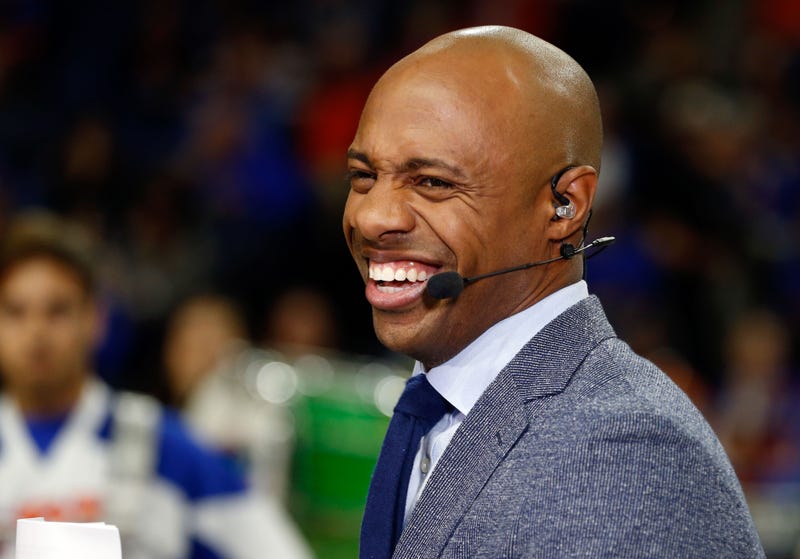
2002: Jay Williams, Duke
NBA Career Highlights: 9.5 ppg, 2.6 rpg, 4.7 apg, 1.1 spg, 0.2 bpg
In one of the most unfortunate tragedies the NBA has ever seen, Williams' promising career was cut short after only one year with the Bulls. Just seven games into his career he posted a tremendous stat line with 26 points, 14 rebounds and 13 assists leading to a win over the Nets. He was nominated to the 2002-03 All-Rookie roster as well and looked to be the starting point guard in Chicago for the foreseeable future.
However, the second overall pick got into a motorcycle accident that completely derailed his playing career, causing numerous injuries that he was never quite able to rebound from despite attempts to return in the NBA and in lesser leagues. He's now well known as an NBA analyst for ESPN, but we'll unfortunately never know what could have been made of his NBA career.
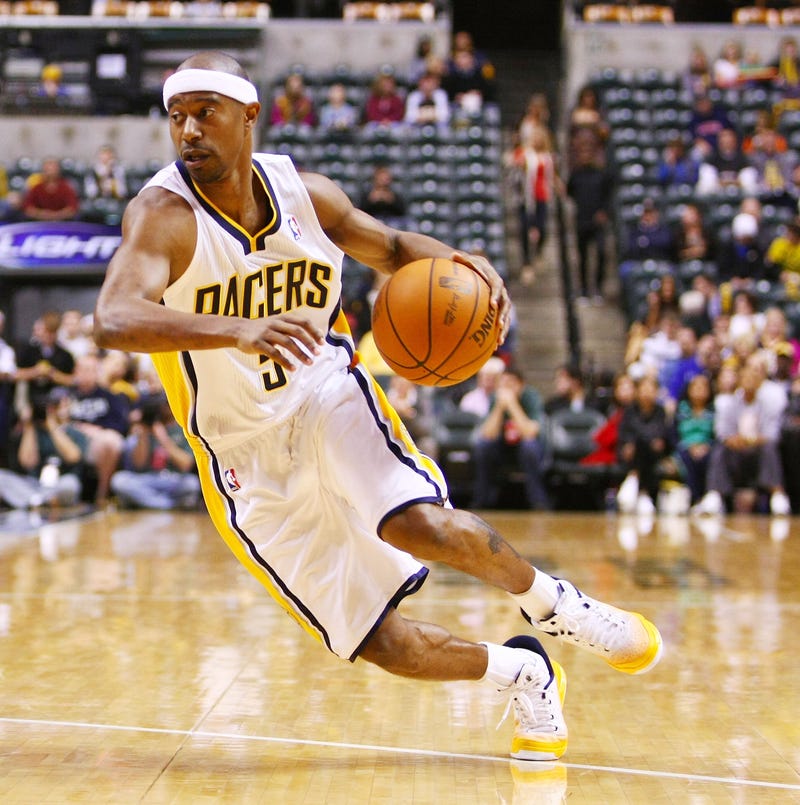
2003: T.J. Ford, Texas
NBA Career Highlights: 11.2 ppg, 3.1 rpg, 5.8 apg, 1.2 spg, 0.1 bpg
This was a choice that was highly disputed at the time. After all, Carmelo Anthony had led Syracuse to a national championship, upsetting T.J. Ford's No. 1 seed Longhorns, and finished with an impressive stat line of 22.2 points and 10.0 rebounds per game throughout the season.
However, it was Ford who earned the Naismith award, finishing with 15.0 points, 3.9 rebounds and 7.7 assists per game while providing good perimeter defense with a couple of steals per contest.
Melo also had a much better NBA career, as Ford was solid but unspectacular as the point guard for the Bucks, Pacers and Raptors and was never quite able to bounce back to form after an injury he suffered in 2007.
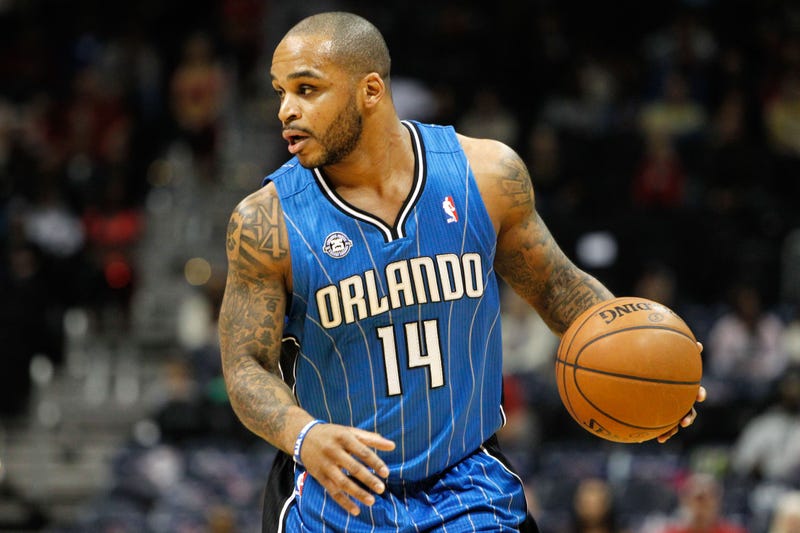
2004: Jameer Nelson, Saint Joseph's
NBA Career Highlights: 11.3 ppg, 3.0 rpg, 5.1 apg, 0.9 spg, 0.1 bpg, 1x All Star
One of the best eras in St. Joe's basketball history was made possible in large part to Jameer Nelson's leadership and consistency as the floor general for the Hawks. In his final season with the school, Nelson took St. Joe's to the Elite Eight for the first time since 1981. It's not every year that you see a team from the Atlantic 10 Conference as the No. 1 seed of the March Madness bracket, though Dayton would certainly have been a candidate in 2020.
Nelson did it all in 2003-04 for St. Joe's with 20.6 points, 4.7 rebounds and 5.3 rebounds per game. He never possessed the same star power in the NBA but was a consistent and reliable force to be reckoned with in Orlando, pairing up with Dwight Howard for a stretch of success that the Magic hasn't seen since.
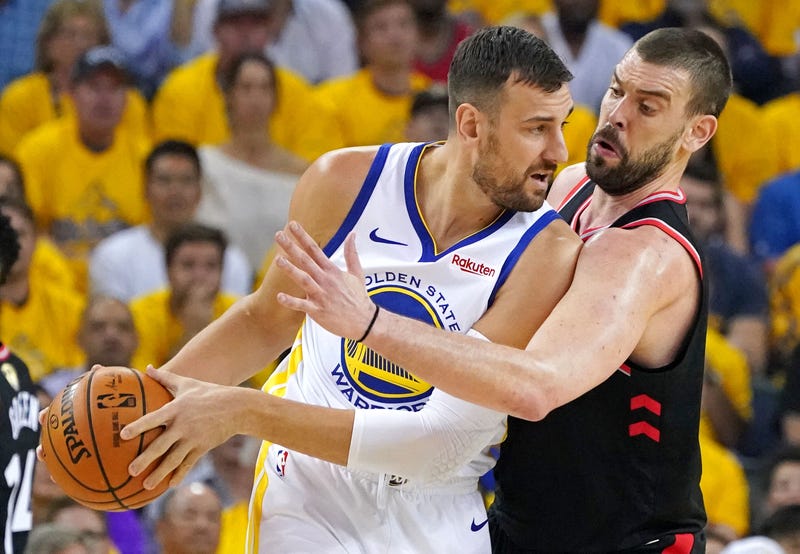
2005: Andrew Bogut, Utah
NBA Career Highlights: 9.6 ppg, 8.7 rpg, 2.2 apg, 0.6 spg, 1.5 bpg, 1x All-NBA, 1x All-Defensive, 1x Block Title, 1x NBA Champion
The Aussie big man averaged 20.4 points and 12.2 rebounds in his final season with Utah before he declared for the NBA draft. He couldn't be stopped on the inside with a 62.0% field goal percentage and scored more field goals throughout the regular season than anyone else in the nation. Though his Utes only made it to the third round of the NCAA tournament, his strong sophomore year performance boosted his draft stock greatly, capturing the interest of the Milwaukee Bucks with the first overall pick.
Though Bogut never made it to an All-Star team, he had a stretch of three years where he was one of the most consistent centers in basketball. From 2009-2011 in Milwaukee, Bogut averaged a double-double in each season and led the league in blocks in the final year of that span. He also provided solid low-post play and good interior defense for the Warriors in their 2014-15 championship run, leading the team in blocks and ranking second in rebounding throughout the playoffs.
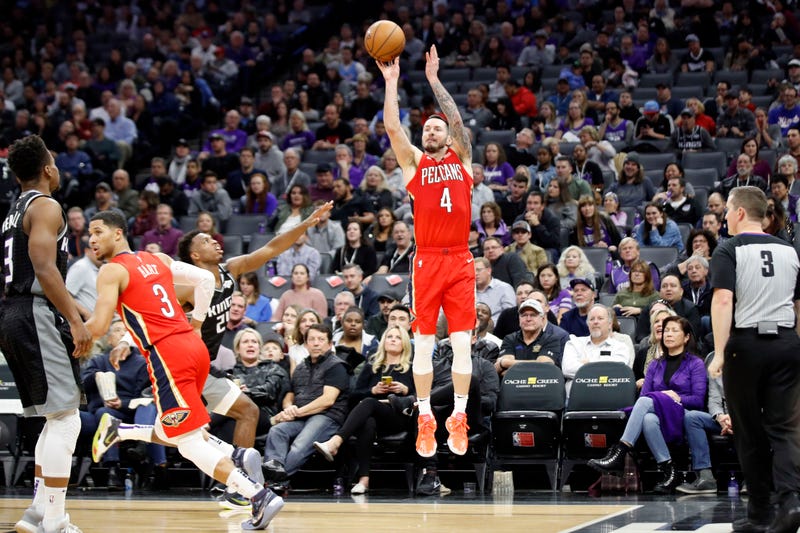
2006: J.J. Redick, Duke
NBA Career Highlights: 13.0 ppg, 2.1 rpg, 2.0 apg, 0.5 spg, 0.1 bpg, 41.6% 3Pt. (No. 17 all time), 1,860 career 3Pt. made (No. 14 all time)
Good luck stopping senior-year J.J. Redick. The senior launched more than nine three-pointers per game, converting at a 42% clip, finishing second in the nation with 26.8 points per game. The only player he trailed, Adam Morrison, was another notable candidate for the Naismith award, but Redick's role in leading the Blue Devils to a 32-4 record and No. 1 seed in the nation was enough to secure him the award.
His NBA career has been defined by his ability to shoot the three, as he is on a few leaderboards of the deep-ball category. At many times, he's been considered the best deep threat in the entire league, but it's never been enough to earn him All Star honors or an NBA Finals ring. Now with his fifth team in New Orleans, Redick will likely bounce around to teams in need of shooting and experience over the next few seasons.
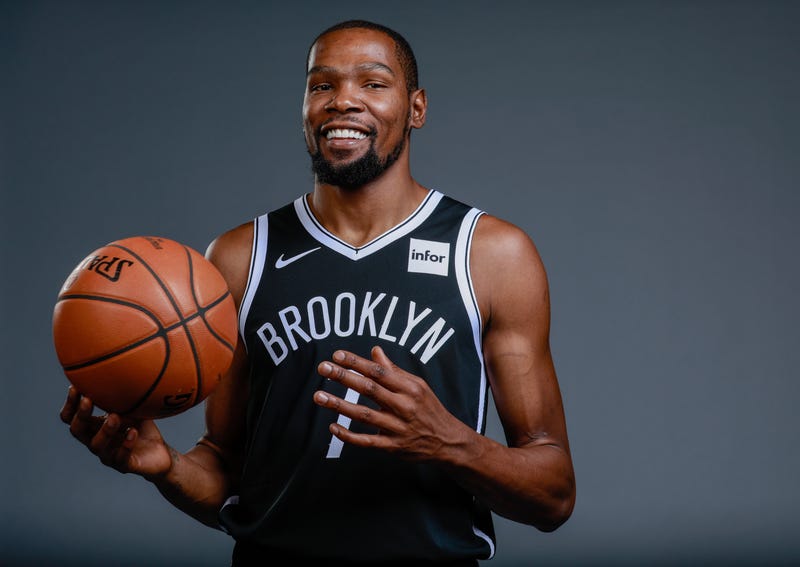
2007: Kevin Durant, Texas
NBA Career Highlights: 27.0 ppg, 7.1 rpg, 4.1 apg, 1.1 spg, 1.1 bpg, 10x All Star, 9x All-NBA, 4x Scoring Champion, 2x NBA Champion, 2x Finals MVP, 1x NBA MVP, 2007-08 Rookie of the Year
The fact that Durant is the first player on this list that won the NBA Rookie of the Year is a pretty surprising fact considering the dominance of all these players at the collegiate level. It's not surprising, though, when you look at the body of work Durant has produced over his NBA career. There is perhaps no better Naismith Award winner in the league today.
He absolutely dominated in his one year of NCAA hoops, averaging 25.8 points, 11.1 rebounds and a steady helping of defense (1.9 steals and blocks) per game. The Trail Blazers made one of the biggest mistakes in NBA history drafting Greg Oden first overall in 2007, allowing the Sonics to take Durant and establish the basis for a very successful organization in Oklahoma City.
Not much needs to be said about his NBA success. Should he recover swiftly from his recent injury and put on a show with the Nets, he can continue building his case as the greatest pure offensive NBA player of all time.
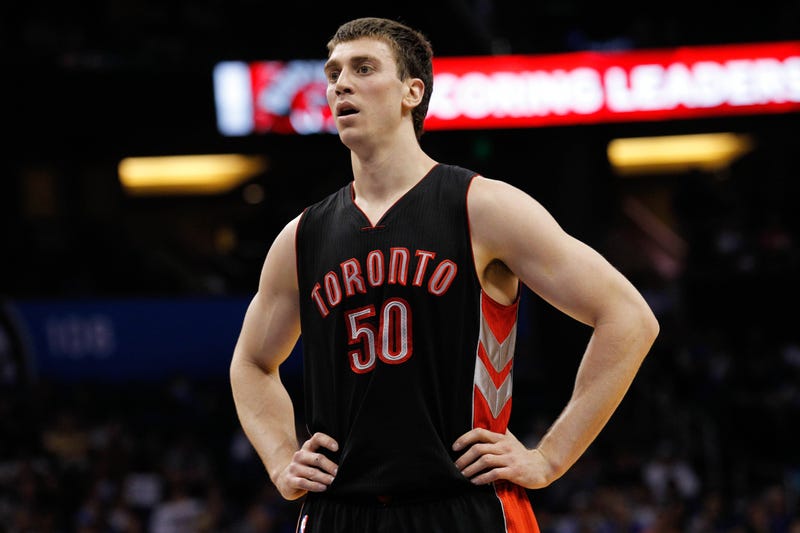
2008: Tyler Hansbrough, UNC
NBA Career Highlights: 6.7 ppg, 4.2 rpg, 0.4 apg, 0.5 spg, 0.2 bpg
With 22.6 points and 10.2 rebounds per game, Hansbrough's peak year of college was in his junior year. He stayed an extra season, once again exceeding the 20 ppg threshold and finally capturing that elusive NCAA Championship after making it to the Final Four in 2008.
NBA scouts seemed to be on top of the fact that Hansbrough's college dominance wouldn't necessarily translate to a successful NBA career. He was barely a lottery pick in the 2009 NBA Draft, picked up by the Pacers with the No. 13 pick. Only starting 50 games in his career, Hansbrough bounced around a few teams before hanging 'em up in 2016.
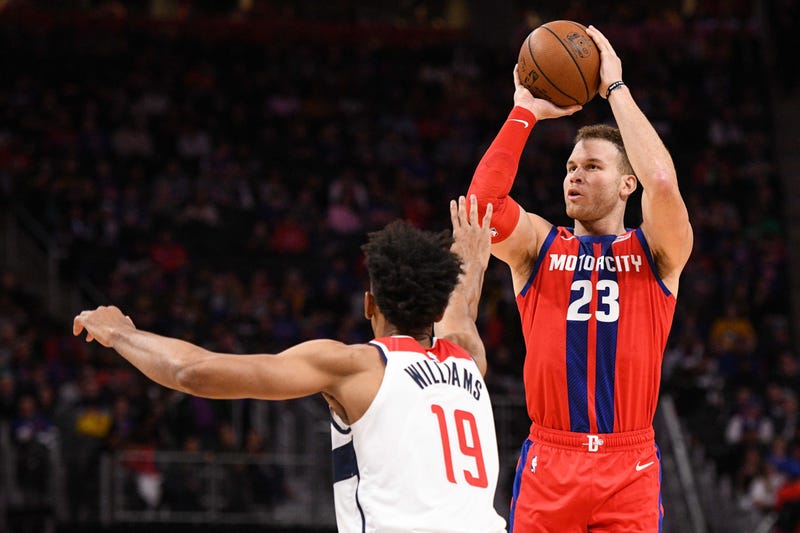
2009: Blake Griffin, Oklahoma
NBA Career Highlights: 21.7 ppg, 8.8 rpg, 4.4 apg, 0.9 spg, 0.5 bpg, 6x All Star, 5x All-NBA, 2010-11 Rookie of the Year
One of the most dominant stat lines we've seen from a college baller was Griffin's when he was awarded with the Naismith Trophy as a result of his 22.7 points and 14.4 rebounds per game. He had some truly monstrous games, including a 40-point, 23-rebound effort against Texas Tech and a 33-point, 17-rebound showing in an NCAA Tournament victory over Michigan.
Griffin exploded onto the scene after missing the entire 2009-10 season rehabbing a knee injury and was one of the highest-scoring rookies in recent history with an average of 22.5 points per game. He was voted to five straight All-Star teams in his first five seasons and had a memorable dunk contest victory as a rookie. The devastating and trademark slam dunks may have slowed since he's joined the Pistons, but he's evolved into a much more polished player, even shooting seven three-pointers per game as an All-Star in 2018-19 before dealing with injuries throughout the 2019-20 season.
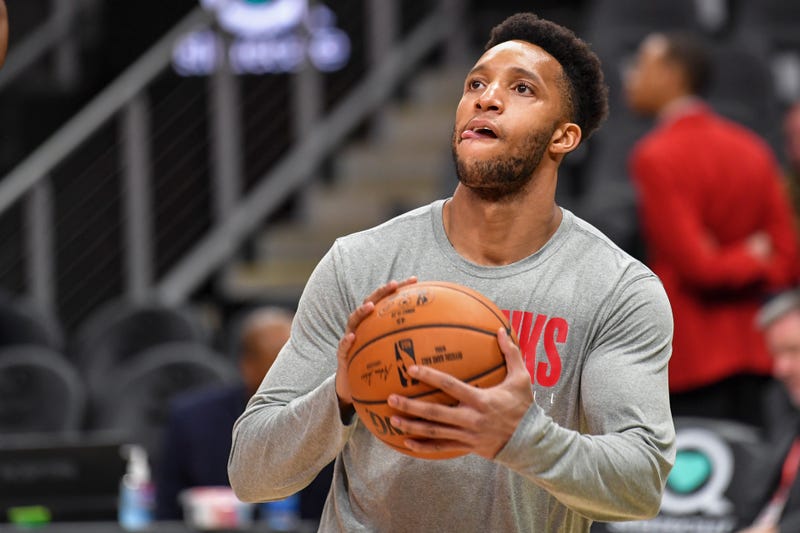
2010: Evan Turner, Ohio State
NBA Career Highlights: 9.7 ppg, 4.6 rpg, 3.5 apg, 0.8 spg, 0.3 spg
Evan Turner's career has really taken a tumble. He's barely a factor anymore with the Atlanta Hawks, appearing in just 19 games before the 2019-20 season was called off and playing a minimal role. In his heyday, Turner was dominating college defenses to the tune of 20.4 points, 9.2 rebounds and 6.0 assists per contest.
However, his transition to the NBA never developed into the same success. He was a meaningful all-around player for the 76ers for several of their "process" years, but has since dwindled into obscurity with the Hawks.
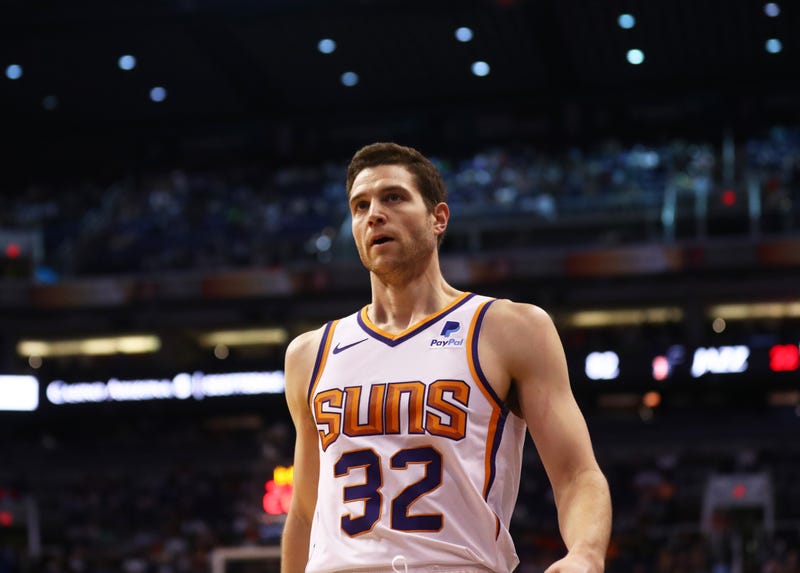
2011: Jimmer Fredette, BYU
NBA Career Highlights: 6.0 ppg, 1.2 rpg, 1.3 apg, 0.5 spg, 0.0 bpg
There's nothing quite like a Fredette highlight video from when he was at BYU. Though guys like Steph Curry and Trae Young have made the deep three more of a norm in today's NBA, Fredette's ability and willingness to pull up from literally anywhere (as long as it was past half court) made for some incredibly entertaining college basketball. His performance against Gonzaga in the NCAA Tournament (35 points, 7-11 3Pt.) was one of the most fun displays of basketball we've seen in the past decade. He averaged 28.9 points with a 39.6% three-point clip his senior year, devastating defenses all over the country.
In the NBA? Not so much. The No. 10 pick in the 2011 draft has bounced around five teams in part of eight seasons, never earning a starting role or even a serious bench role. He's been in and out of the league, spending some time overseas in international competition and working to bring back some of his NCAA magic.
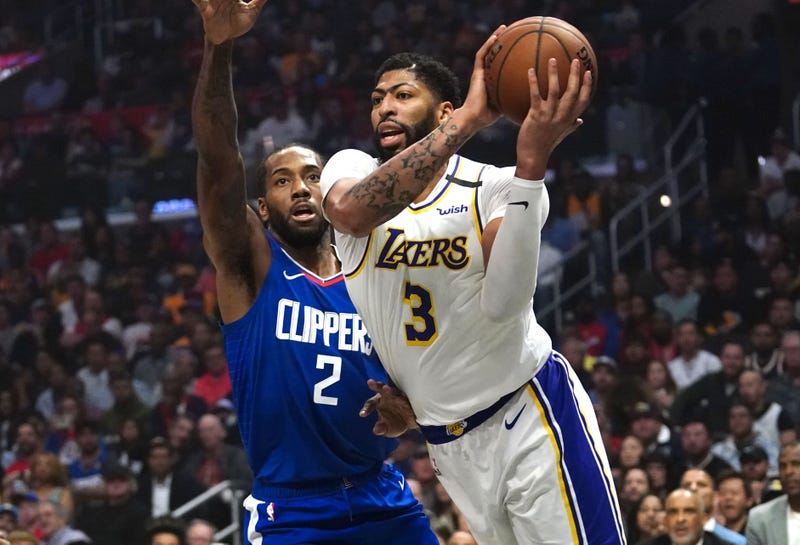
2012: Anthony Davis, Kentucky
NBA Career Highlights: 24.0 ppg, 10.4 rpb, 2.2 apg, 1.4 spg, 2.4 bpg, 7x All Star, 3x All-NBA, 3x All-Defensive, 3x Block Champion
You can't have a much better college career in a single year than Anthony Davis. In the 2011-2012 NCAA season, Davis won the Naismith Award, the Wooden Award, the Rupp Trophy, the AP and SEC Player of the Year and an NCAA Championship, among other honors. His offense was solid and consistent (14.2 ppg on 62.3% shooting), but his defensive prowess (4.7 blocks per game) was unstoppable.
He's been just as good if not better in the NBA, earning an All-Star bid in all but one season and consistently being ranked among the top five players in the entire NBA. By the time he's played for as long as KD has, he may be the best Naismith Award winner in the new millennium.
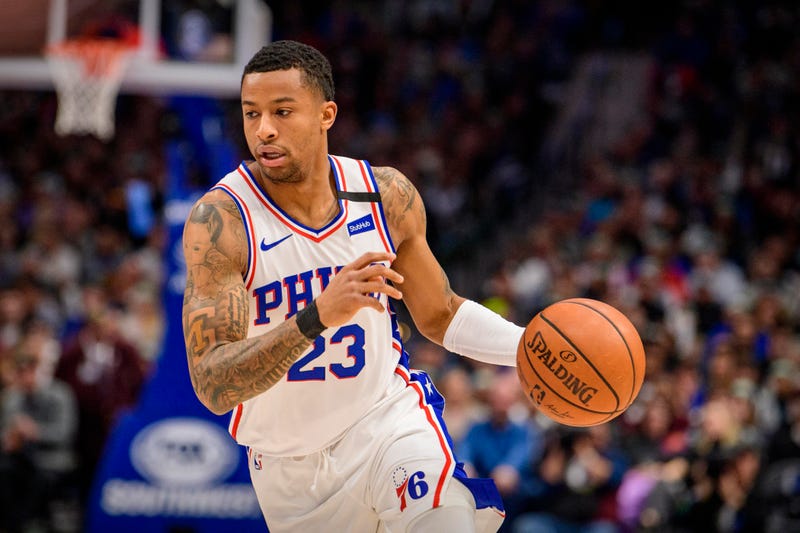
2013: Trey Burke, Michigan
NBA Career Highlights: 10.5 ppg, 2.0 rpg, 3.5 apg, 0.6 spg, 0.1 bpg
Michigan's 2012-13 NCAA tournament run was one for the ages thanks to Trey Burke. His 30-foot buzzer beater against No. 1 seed Kansas to force overtime was one of the miracle moments of not only the 2013 March Madness tournament but in the entire decade. With 18.6 points and 6.7 assists per contest, he was well-deserving of the award.
However, like many of the players on this list (there seems to be a pattern emerging), his NBA career fell short of expectations. The No. 9 overall pick for the Timberwolves was used on Burke before he was immediately traded to the Jazz. Though his role with Utah was a big one, he quickly turned into a bench player and into an essential non-factor by the time he joined the 76ers.
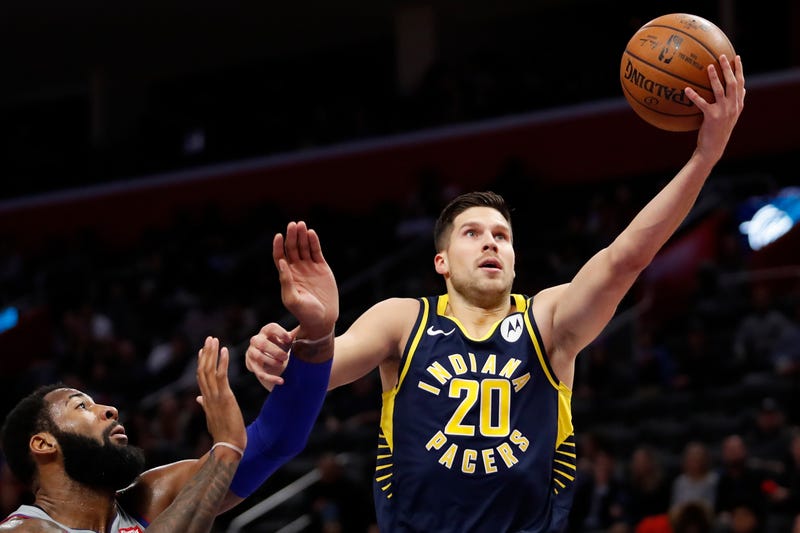
2014: Doug McDermott, Creighton
NBA Career Highlights: 8.2 ppg, 2.2 rpg, 0.8 apg, 0.2 spg, 0.1 bpg
Creighton's move into the Big East in 2013 was a successful one, as the Blue Jays went 14-4 in the conference and captured a No. 3 seed in the NCAA tournament (a forgettable one for Creighton after an embarrassing third-round loss to No. 6 Baylor). Doug McDermott was the primary source of scoring for Creighton, as his scoring average of 26.7 points per game led all players in the nation.
McDermott is a three-point specialist and a role player for the Pacers after bouncing around between the Bulls, the Thunder, the Knicks and the Mavericks all within a four-year span.
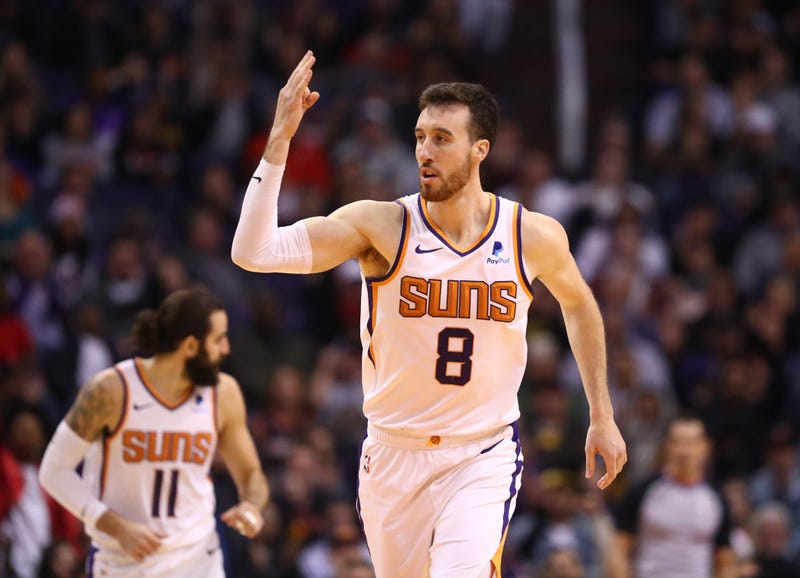
2015: Frank Kaminsky, Wisconsin
NBA Career Highlights: 9.9 ppg, 4.1 rpg, 1.7 apg, 0.5 spg, 0.4 bpg
The 2014-15 Wisconsin Badgers was one of the most memorable college teams in my years as a fan. The trio of Frank "The Tank" Kaminsky, Sam Dekker and Nigel Hayes was so fun to root for as they pulled out win after win over opponents like UNC, Arizona and Kentucky before losing a thriller against Duke in the National Championship game. Kaminsky averaged 18.8 points per game with some dominant efforts, including a really impressive game against Michigan State in which he posted 31 points, eight rebounds, three assists, three blocks and two steals.
He started to find his footing with the Suns in 2019-20 after four up-and-down years with the Hornets, but suffered a stress fracture in his knee in January which ended his season early.
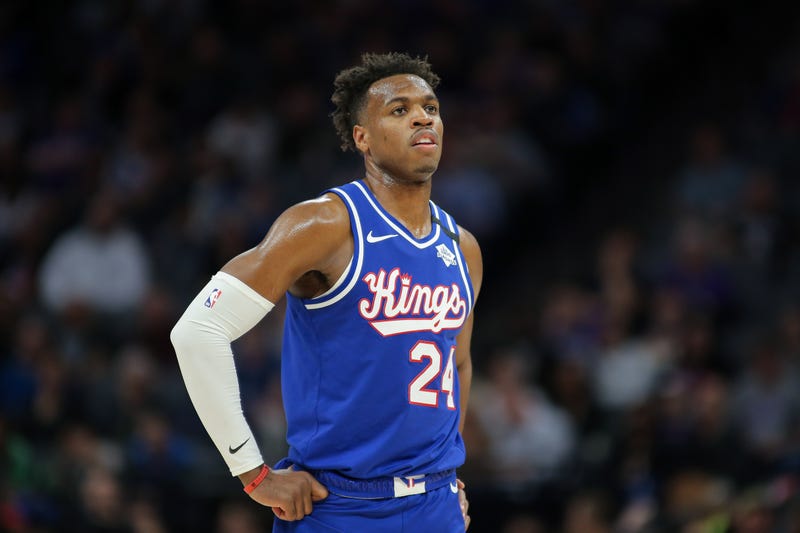
2016: Buddy Hield, Oklahoma
NBA Career Statistics: 15.9 ppg, 4.2 rpg, 2.2 apg, 0.8 spg, 0.3 bpg
Hield's lofty three-point shooting in the NBA was a well-established part of his game in Oklahoma, and his senior year was an especially impressive display. He hit 45.7% of his attempts from deep while totaling 25 points per game and recording 12 30-point games throughout the season, three of which came in tournament play.
Hield was traded to the Kings in a deal involving DeMarcus Cousins during his rookie season, a move that the franchise is most likely very thankful for at this point in time. Had the season not stopped short, Hield was on track for recording his second season of 20 or more points per game with a tremendous three-point percentage. He'll likely earn an All-Star nomination at some point soon, and he's a very valuable contributor to the young and explosive Kings roster.
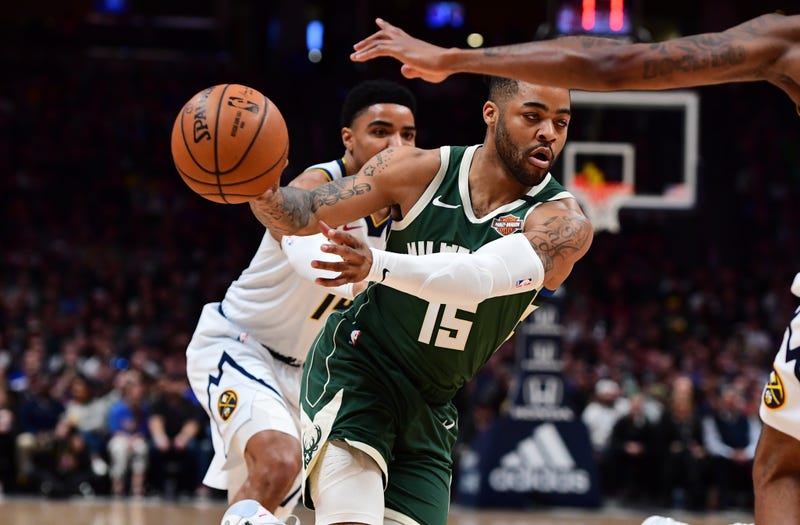
2017: Frank Mason III, Kansas
NBA Career Highlights: 6.5 ppg, 1.9 rpg, 2.5 apg, 0.5 spg, 0.1 bpg
Though he played with Joel Embiid, Andrew Wiggins, Perry Ellis, Wayne Selden, Kelly Oubre, Josh Jackson, Devonte' Graham, Svi Mykhailiuk and other stars throughout his four years with Kansas, Mason is the only one to have won this award. His 20.9 ppg performance in the 2016-17 season showcased his maturity and leadership in the NCAA environment.
However, given his size and shooting ability, scouts were skeptical of his transition to the NBA and he was thus drafted in the second round by the Kings in the 2017 draft. His best season was as a rookie in Sacramento, but his role with the Bucks is almost non-existent.
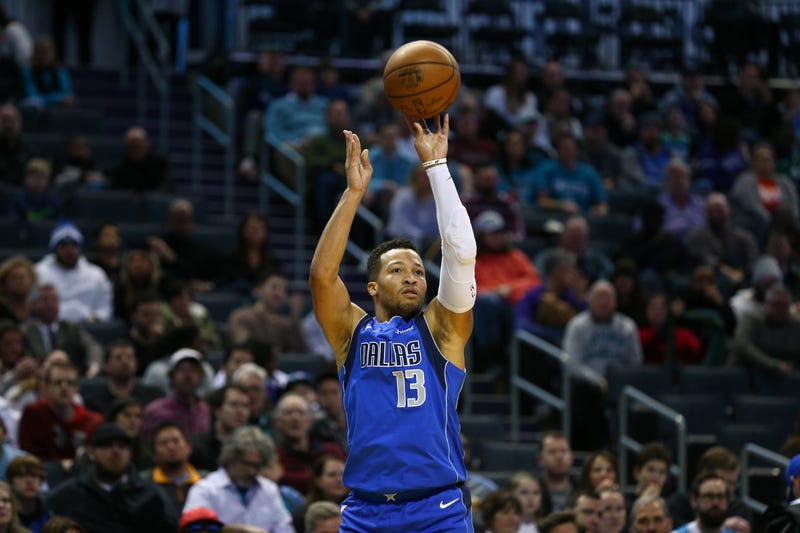
2018: Jalen Brunson, Villanova
NBA Career Highlights: 8.8 ppg, 2.3 rpg, 3.2 apg, 0.5 spg, 0.1 bpg
The only player on this list with not one but two NCAA Championship victories, Brunson was a key contributor to the 2015-16 title run and an absolute star during the 2017-18 run. He led a stacked team of players such as Mikal Briges, Donte DiVincenzo, Omari Spellman and Eric Paschall with 18.9 points per game.
His role with the Mavericks, for a second-round pick, has been fairly important. He started more than half of his games as a rookie, filling a hole at the point guard position while Luka Doncic ran the team as a forward. He has recently undergone shoulder surgery and hopes to recover swiftly.
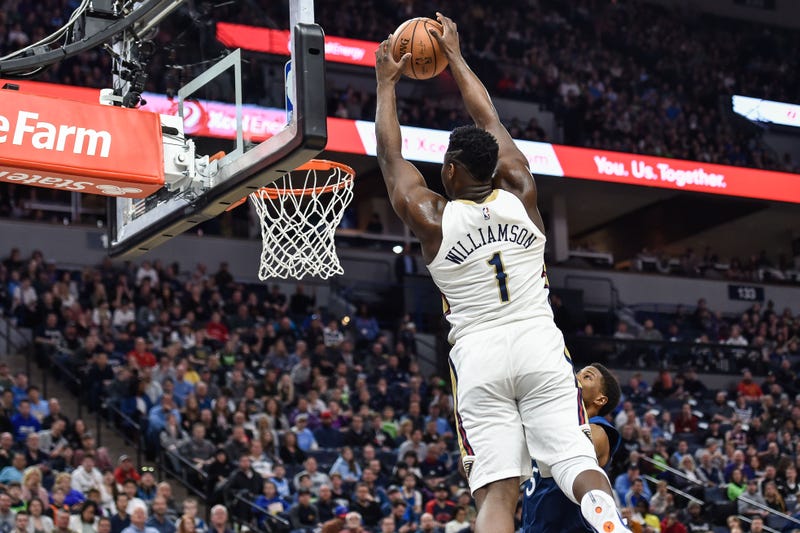
2019: Zion Williamson, Duke
NBA Career Highlights: 23.6 ppg, 6.8 rpg, 2.2 apg, 0.8 spg, 0.5 bpg
Zion must have done something pretty special to warrant all the hype that was surrounding him coming into the 2019 NBA Draft. 22.6 points and 8.9 rebounds per game on 68.0% shooting will do that for you.
But his NBA career is off to a better start than anyone could have imagined. Is it too early to already call him one of the most successful players on this entire list? Perhaps. But it's not unheard of to say that he's on a path toward superstardom after only 19 career games, as he's already seen his name appear on numerous record lists and leaderboards.
LISTEN NOW on the RADIO.COM App
Follow RADIO.COM Sports
Twitter | Facebook I Instagram